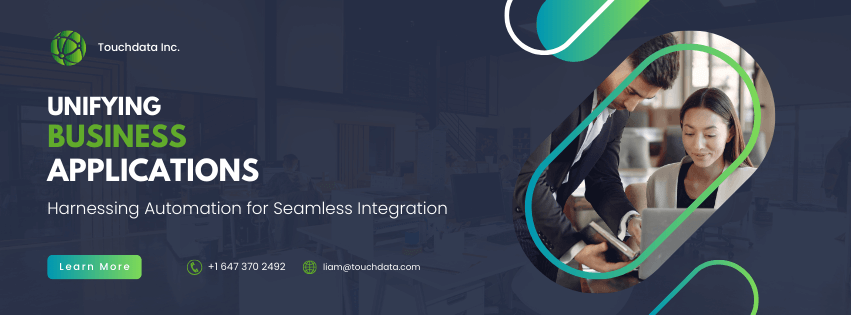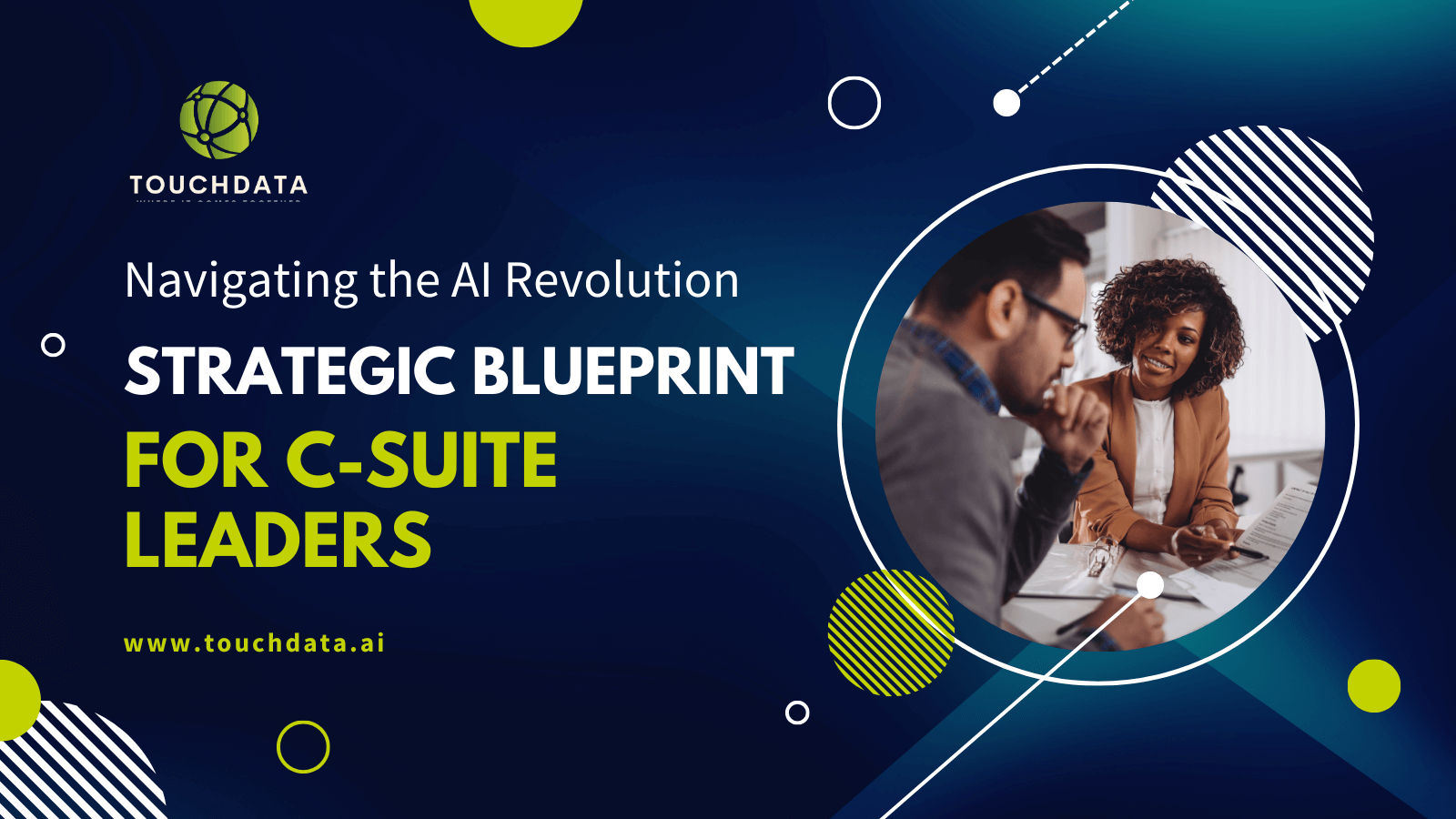TOUCHDATA AI
ELEVATE YOUR BUSINESS SYSTEMS
WITH NEXT-GEN AI SOLUTIONS
OUr services
BLOG

27 Apr, 2024
Efficiency and productivity are more than just buzzwords; they are the bedrock of successful enterprises. As businesses grow and diversify, they often find themselves juggling multiple applications to manage various aspects of their operations. From email and communication tools to accounting, CRM, and project management software, the digital toolkit of a modern company is both diverse and necessary. However, the lack of communication between these applications can lead to inefficiencies, errors, and lost opportunities. This is where automation steps in as a transformative solution. The Need for Integration Each application in a business’s arsenal serves a specific purpose, but when they operate in silos, the flow of information is hindered. This can lead to repetitive tasks, data discrepancies, and ultimately, a decrease in productivity. For instance, data entered in a CRM system may need to be manually transferred to accounting software, a process that is not only time-consuming but also prone to errors. Automation serves as a bridge between these disparate systems, allowing for seamless data transfer, enhanced accuracy, and more efficient processes. By integrating various applications, businesses can automate routine tasks, such as data entry, billing, and report generation, freeing up employees to focus on more strategic work. Benefits of Automation in Business Applications Increased Productivity Automation dramatically reduces the time spent on manual tasks. By automating repetitive operations, employees can dedicate more time to customer service, strategic planning, and other high-value activities that contribute directly to business growth. Enhanced Accuracy Manual data entry is a major source of errors in business operations. Automation minimizes these errors by ensuring that data flows accurately and consistently across all platforms, from CRM to accounting to sales. This leads to better decision-making based on reliable data. Improved Communication When business applications are integrated and automated, communication improves across the board. Information becomes readily available to all stakeholders, ensuring that everyone is on the same page. This not only improves internal communication but also enhances how a company interacts with its customers. Scalability Automation makes it easier for businesses to scale operations. Automated workflows can be adjusted and expanded without the need to increase staffing proportionally. This scalability is crucial for growing businesses that need to increase their capabilities without significant delays or a steep rise in costs. Cost Efficiency By reducing the need for manual labor and minimizing errors, automation lowers operational costs. It also provides better control over financial processes, such as budgeting and invoicing, leading to improved financial health and reduced waste. Implementing Automation To successfully implement automation, companies should start with a clear understanding of their processes and identify areas where automation can have the most significant impact. Choosing the right tools that can integrate smoothly with existing systems is crucial. Many businesses benefit from consulting with IT specialists or using platforms designed to create custom automation workflows that suit their specific needs. As business landscapes become more complex, the integration and automation of business applications are not just advantageous but essential. They offer a robust solution to enhance productivity, reduce costs, and improve overall business performance. By embracing automation, companies can not only keep up with the competition but also set the stage for innovation and growth. Embracing automation in business processes is a strategic move that can lead to significant improvements in productivity and profitability. As we move forward, automation will continue to play a pivotal role in shaping efficient, responsive, and successful businesses.

30 Mar, 2024
In the burgeoning field of artificial intelligence (AI), Microsoft and OpenAI's collaboration stands as a testament to the rapid evolution and immense potential of AI technologies. Their partnership has progressed to a new level with Microsoft making a significant investment in OpenAI, a move that is set to reshape the landscape of AI research and application. Microsoft's financial backing, reportedly amounting to a multi-billion dollar investment, marks its third infusion of funds into OpenAI, the creator of ChatGPT. While the exact figure was not disclosed by Microsoft, it's speculated to be around $10 billion. This investment underscores Microsoft's commitment to advancing AI technologies and its belief in OpenAI's potential to lead in this arena. The collaboration between Microsoft and OpenAI isn't new; it began with Microsoft investing $1 billion in OpenAI in 2019. This partnership has been focused on building a supercomputing infrastructure capable of supporting the development and training of advanced AI models. Microsoft's investment has facilitated the creation of a supercomputer that powers ChatGPT, linking tens of thousands of Nvidia’s A100 graphics cards. This setup has not only enabled the creation of ChatGPT but is also designed to support the development of numerous other models in the future. OpenAI's utilization of Microsoft's Azure platform for its supercomputing needs has been a cornerstone of this partnership. Microsoft's recent investment is expected to bolster Azure's AI infrastructure further, allowing for the continued development of sophisticated AI models. This arrangement benefits both parties, as OpenAI gains access to robust computational resources while Microsoft enhances its cloud platform's capabilities in AI, making it an attractive option for developers and organizations looking to leverage AI technologies. This partnership and investment are not merely financial transactions. They represent a shared vision for the future of AI—a future where AI technologies are democratized and made accessible to a wide range of developers and industries. Microsoft Chairman and CEO Satya Nadella has emphasized the goal of advancing AI research responsibly and making AI a new technology platform available to all. Through this collaboration, Microsoft and OpenAI aim to equip developers and organizations with the necessary infrastructure, models, and tools to build and run their applications, thereby unlocking new possibilities across various sectors. As we stand on the brink of a new era in AI, the partnership between Microsoft and OpenAI serves as a beacon, highlighting the transformative potential of AI technologies. The advancements stemming from this collaboration could lead to the development of more intuitive search engines, sophisticated software, and innovative solutions across healthcare, finance, and beyond. This venture not only showcases the financial investment in AI but also the investment in a future where AI plays a central role in solving complex problems and enhancing human capabilities.

23 Mar, 2024
Generative artificial intelligence (AI) is developing at a breakneck pace and stands at the forefront, reshaping how businesses strategize and operate. Recent findings from a global Accenture survey reveal a compelling narrative: 94% of C-suite leaders are gearing up to amplify their technology spend in 2024, with a significant 75% earmarking AI and machine learning (ML) as their investment focal points. This surge in interest underscores a pivotal shift from questioning the integration of AI into business models to strategizing its optimal utilization for growth and efficiency. Yet, as these technologies rapidly evolve, leaders face the daunting challenge of navigating this advancement without a clear roadmap, raising concerns about their organizations' capacity to keep pace. The Imperative of AI Literacy in Leadership The dialogue around generative AI in the corporate realm has transcended the initial "if" to a more complex "how". Christopher Lane, the head of data and AI at Accenture UKI, articulates this transition, emphasizing the absence of a clear path and established guardrails in harnessing AI for business enhancement. The potential of AI to augment human performance in previously unimaginable ways has been increasingly recognized. Yet, it simultaneously ignites a fundamental concern among leaders about their organizations' ability to adapt swiftly and effectively to these technological advancements. Core Knowledge Areas for Every Leader Amidst this transformative phase, a baseline understanding of generative AI's workings becomes essential for leaders, especially CEOs, who must navigate the dual challenges of harnessing opportunities and mitigating risks. Lane stresses the importance of comprehending the mechanics of AI technologies—not to master the intricacies of algorithms but to make informed decisions that could significantly impact the organization's strategic direction. This necessity underscores the critical support role of technical leadership within the organization. Specialized Roles and Responsibilities Technical Leadership: The burden of AI literacy does not rest solely on CEOs. A proficient, AI-literate C-suite, inclusive of CTOs, CIOs, and CDOs, is vital for informed decision-making. These technical leaders are tasked with staying abreast of the latest AI developments, informing their counterparts of the technological landscape, and elucidating the value of new investments. Their decisions are increasingly intertwined with business strategies, highlighting the decisive influence of technology on the organization's future. Non-Technical Leadership Adjustments: The ripple effect of AI advancements extends beyond technical roles. CHROs and CPOs face the imperative of talent acquisition and the reskilling of the existing workforce to align with AI-driven changes. With up to 40% of working hours across industries potentially impacted by generative AI, the scale and pace of workforce evolution are unparalleled. Meanwhile, CMOs are positioned to leverage AI in content production, navigating the intricate balance between cost-efficiency and the creative integrity of human-generated content. A Collective Endeavor: The integration of generative AI into business processes is a collective challenge that demands a unified approach from the C-suite. This collaboration is crucial in identifying processes ripe for AI-enhanced optimization and assessing the organization's adaptability to these changes. CFOs, with their insight into the financial implications of technology adoption, play a pivotal role in this endeavor, prioritizing strategic needs and discerning opportunities and risks. Ethical and Operational Considerations: Adopting AI innovation is a complex process that requires a steadfast commitment to ethical practices, including algorithmic transparency, privacy, and data security. Despite 69% of businesses initiating responsible AI practices, a mere 6% have fully operationalized these capabilities. This gap underscores the necessity for more than just theoretical frameworks—it calls for systematic monitoring and the application of ethical principles in AI utilization. Touchdata Inc. offers a suite of services designed to empower C-suite executives in mastering the complexities of AI integration: · Custom AI Literacy Programs for Executives: Tailored educational initiatives to enhance understanding and informed decision-making regarding AI and ML technologies. · Strategic AI Integration Consulting: Personalized consulting services to assist in identifying valuable AI applications and developing strategic integration roadmaps. · Technical Leadership Support: Specialized support to boost the AI literacy of CTOs, CIOs, and CDOs, enabling them to lead their organizations through technological advancements. · Workforce Transformation Solutions: Solutions aimed at talent acquisition, reskilling, and aligning the workforce with AI-driven changes to maintain competitive advantage. · AI Ethics and Operational Frameworks: Guidance in developing ethical AI practices, focusing on algorithmic transparency, privacy, and data security to build stakeholder trust. Touchdata Inc. is dedicated to guiding C-suite leaders through the challenges and opportunities presented by AI, ensuring their organizations leverage this transformative technology for sustainable growth and competitive advantage. Let's Collaborate Interested in developing an AI strategy for your business? Reach out to discuss how we can help bring this revolution to your projects. Contact us at ade(at)touchdata.com or via WhatsApp at +1 647 370 2492. Together, let's unlock the full potential of AI to increase productivity and profits.
Touchdata Inc. is an AI automation agency and Managed Service Provider (MSP).
We bring the power of AI to small and medium-sized businesses with autonomous agent development and workflow automation.
liam@touchdata.com
© 2024
All Rights Reserved | TouchData Inc. Sitemap | Privacy Policy | Website Accessibility

